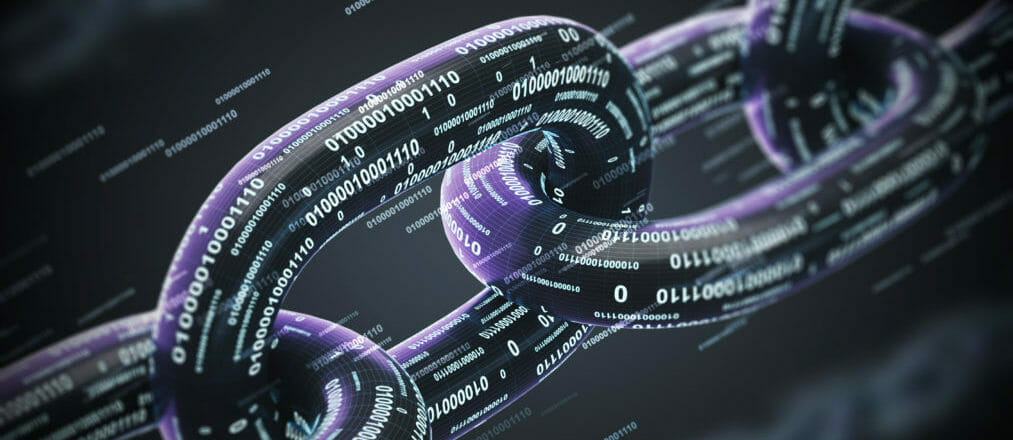The idea of an AI Digital God raises concerns about privacy, surveillance, economic disruption, and concentration of power. Ethical dilemmas and decision-making are critical challenges associated with highly advanced AI systems. Government and industry must collaborate to regulate the development of AI, ensuring that AI technology is used responsibly and ethically.
Artificial intelligence (AI) has revolutionized various industries and improved countless aspects of daily life. However, as AI systems advance, concerns have been raised about the potential risks associated with the so-called “digital God of AI.”
Many industry leaders have spoken about the dark side of artificial intelligence and the potential threats that a highly advanced AI system could pose to humanity.
It is relevant to define what a Digital God is: it is an omnipotent and highly advanced AI system that could potentially control or influence various aspects of human life. Such a concept has recently gained ground. Prominent figures like Elon Musk and Sundar Pichai have discussed the potential risks of creating an AI system with godlike capabilities.
Potential Threats Posed by a Digital AI God
First, there is the loss of privacy and surveillance, one of the biggest concerns associated with an AI digital God. Advanced AI systems can analyze large amounts of data. Additionally, personal information could be at risk of being monitored and exploited, resulting in a loss of individual privacy. Additionally, AI-powered surveillance technologies such as facial recognition and data analytics have raised questions about privacy rights and potential abuse.
These concerns will only intensify as artificial intelligence systems become more powerful and ubiquitous. Society must find ways to balance the benefits of AI-driven innovation with the preservation of privacy and individual freedom.
Second, unemployment and economic disruption, are two aspects that are already reshaping the labor market. Automation and machine learning are replacing human labor in various industries.
The creation of an AI Digital God could exacerbate this trend. Consequently, it leads to widespread unemployment and economic disruption, as machines outperform humans at numerous tasks.
In addition to displacing jobs, an AI Digital God could increase income inequality. A recent Pew Research Center survey found that more than 60% of Americans believe that AI will have a significant impact on the workforce in the next two decades. Meanwhile, 28% of the participants feel that artificial intelligence will profoundly influence their personal lives.
Last but not least, there is the risk of excessive concentration of power, since as control of advanced AI systems becomes centralized, these entities could exercise excessive influence over society.
Ethical Dilemmas and Decision Making
Advanced artificial intelligence systems like AI Digital God could face complex ethical dilemmas when making decisions that affect human life. As these systems become more influential, there is a risk that they will not align with human values or moral principles.
One approach to address this problem is to design AI ethics frameworks that guide the development and implementation of AI systems. Another aspect of the ethical development of AI is to encourage public participation and education.
In light of the above, the role of governments and regulatory bodies in shaping the development and deployment of artificial intelligence is critical. Furthermore, governments should invest in research and development of AI technology. They must ensure that the benefits of AI innovation are widely accessible to all. This includes supporting educational initiatives and workforce development programs that equip people with the skills to thrive in an AI-driven world.
By Audy Castaneda











